Spotted Lanternflies
Working Concept:
In Invasives: Unknitting Despair in a Tangled Landscape, Catherine Bush wonders "How can I, child of immigrants, with a long cultural history of colonial extirpation behind me, object to the presence of other invasives"? My research starts in a similar place of self-reflection and a pandemic-induced desire to listen more to the landscape around me. I spent past summers, like many in the Northeastern U.S., squashing spotted lanternflies. In thinking about these so-called invaders, I felt unable to shake a sense of odd kinship with them and it was this feeling that became a catalyst for looking into the relationship between the movement of people and the movement of our non-human kin. This led me to trace lineages of 'transplants', questioning why we often don't include European species like Apis Mellifera (honeybee) when talking about non-native species:
"The familiar… honey producer Apis Mellifera … was brought over by European colonists as part of the ecological package in which they conquered and transformed the New World with Old World flora and fauna"
Anna Lowenhaupt Tsing, Empowering Nature.
Both the Spotted Lanternfly and the Honeybee wouldn't be in this part of the world if it were not for us, one brought unintentionally in a shipment of landscaping stone from Asia and the other brought intentionally to promote Old World agriculture. And yet the language we often use when discussing these two species evokes a dichotomy of native/alien or who "naturally" belongs where. In reality, the idea of belonging is much more nuanced and in the case of the honeybee, our desire for this species has mostly to do with our own needs. The tree-of-heaven, another so-called invasive species and the preferred host of the spotted lanternfly, was actually brought intentionally as an ornamental tree to the United States in 1784. In fact, you may recognize it as a central character of the novel, A Tree Grows in Brooklyn. The tree was once celebrated for its persistence and endurance -- the same qualities that now make its population difficult to control. For this project, I want to think about the Spotted Lanternfly and the Honeybee as a case study to question the native/alien dichotomy. Furthermore, through the work, I want to invite us to think about, and maybe even value, the novel interactions that develop between introduced species or between more newly introduced and pre-existing species. For example, beekeepers have found that their bees like to feed on the "honeydew", the sweet waste that the lanternflies produce when sucking sap from trees. When the bees eat the honeydew, they create a dark and tasty honey that can be produced well into the Autumn. This work is not about disregarding the damage done by so-called invasives. It's about taking a nuanced look at how, as humans, we will continue (intentions aside) to entangle ourselves with the ecology around us.
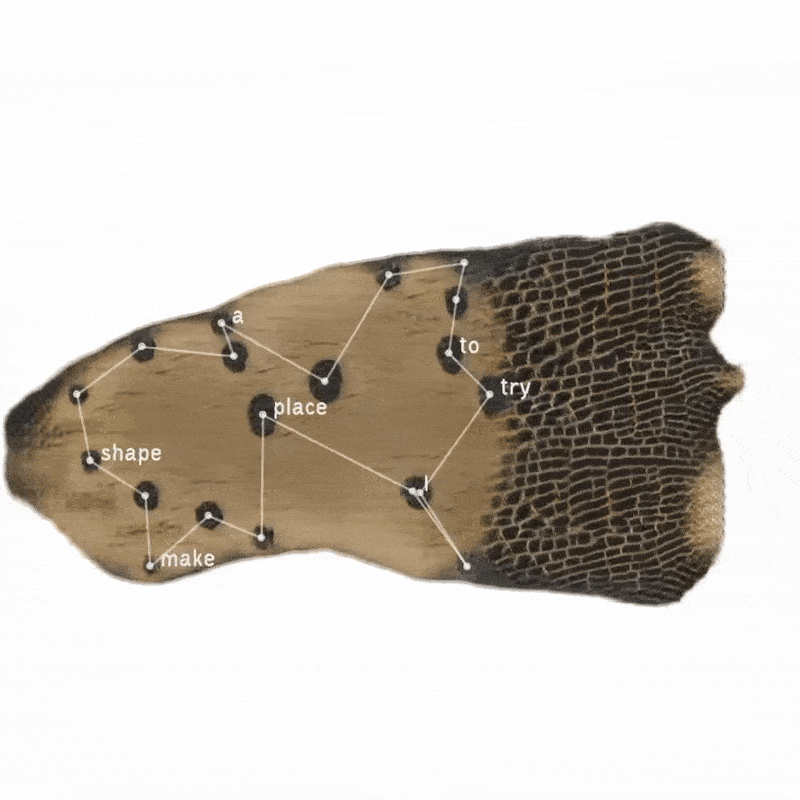
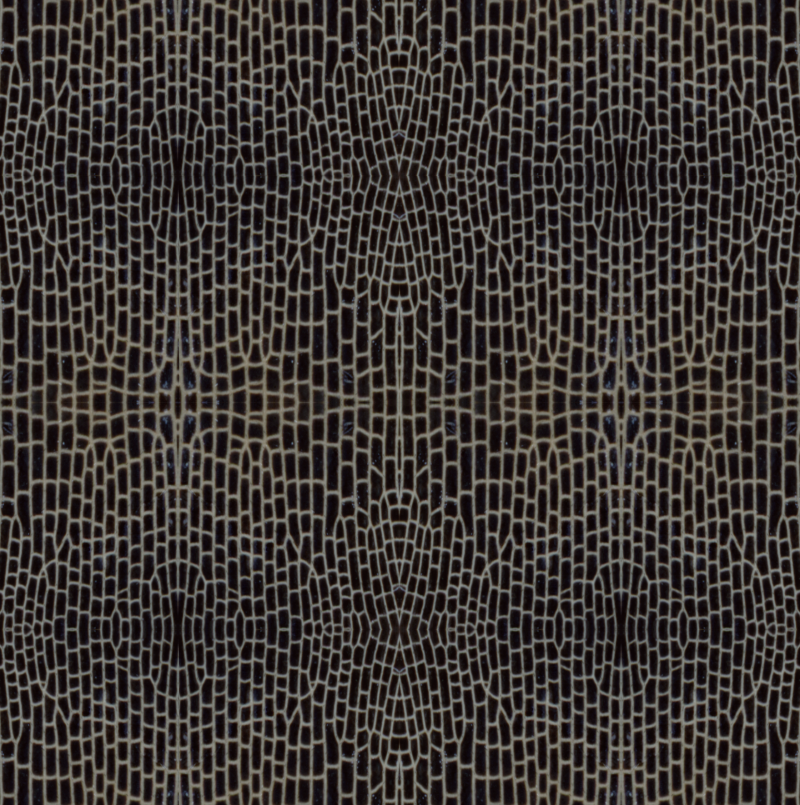
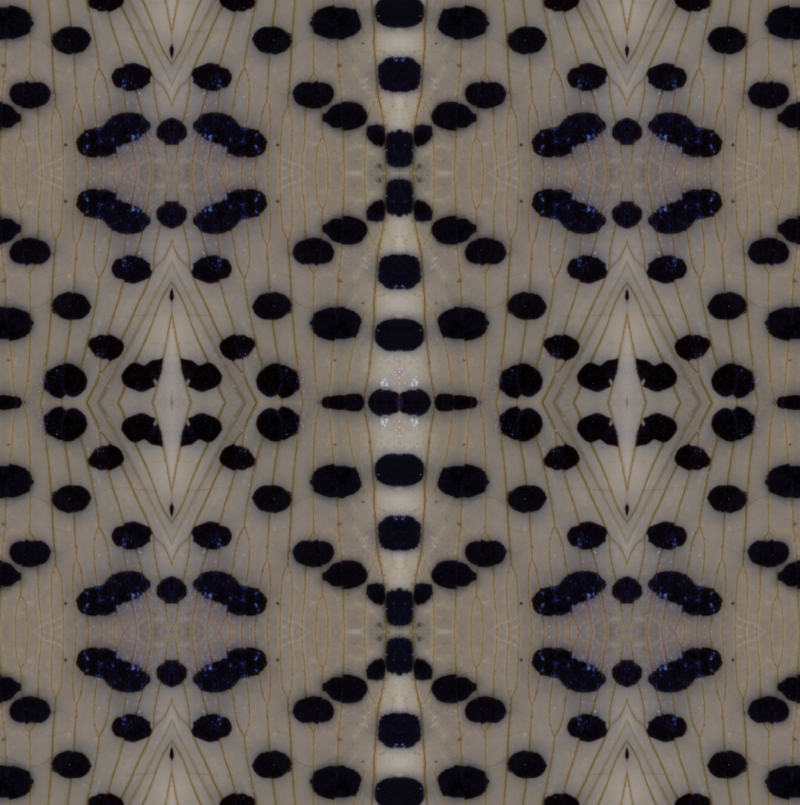
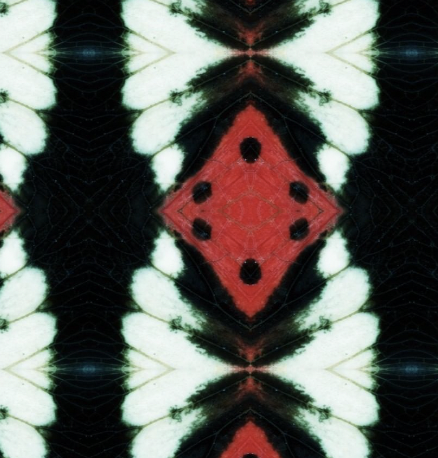
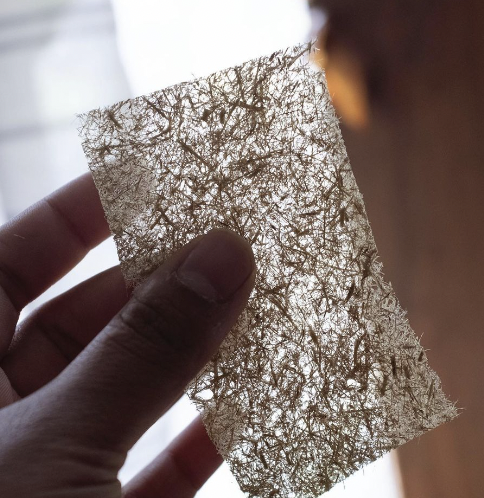
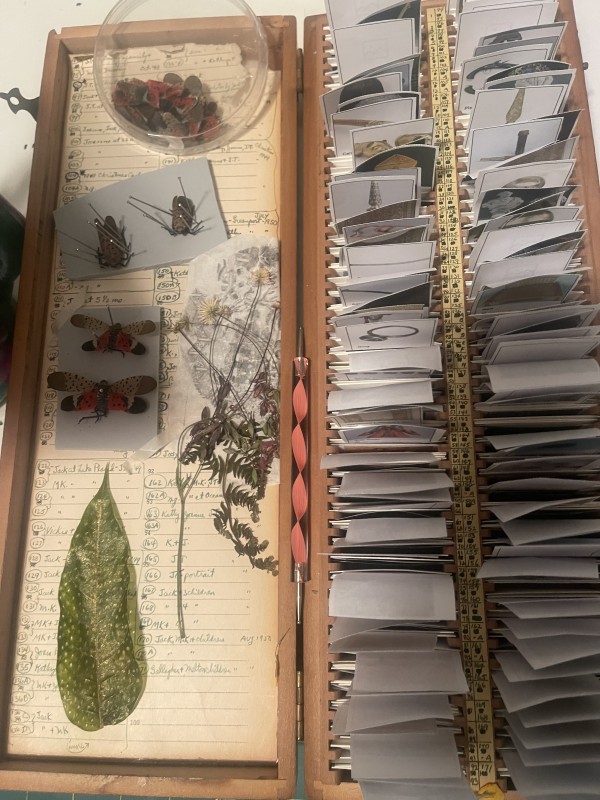
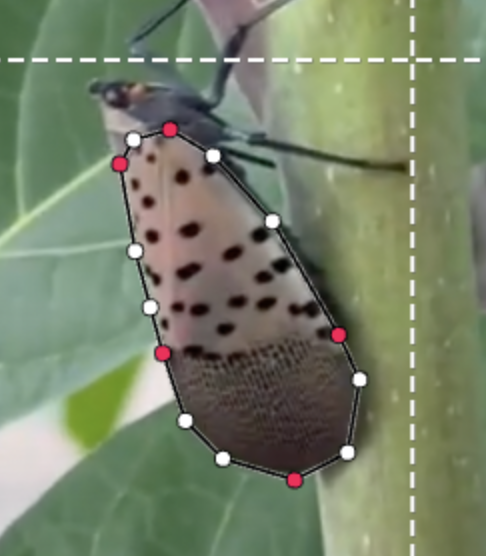
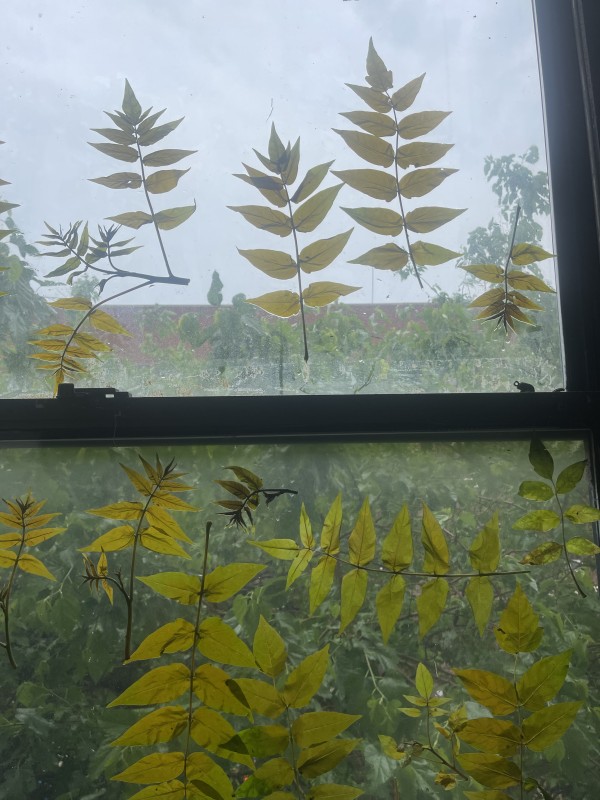
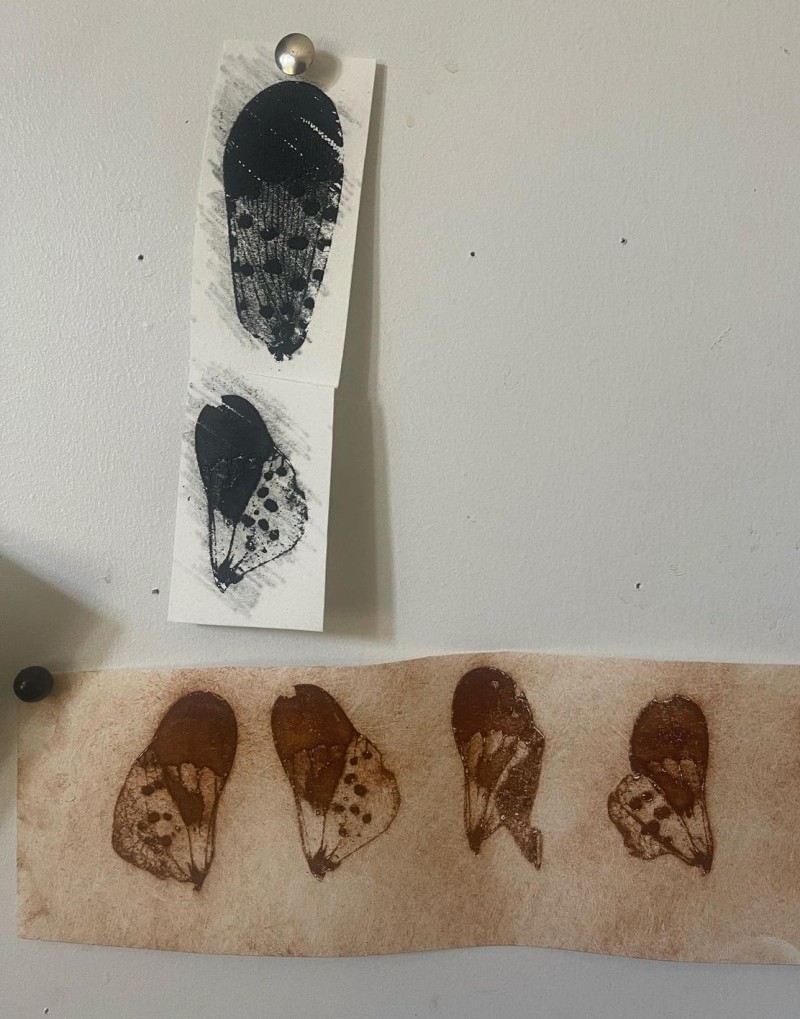
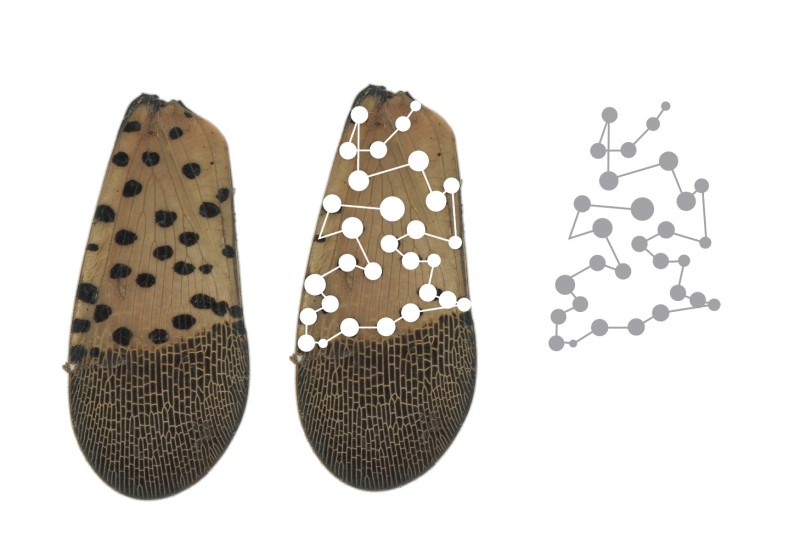
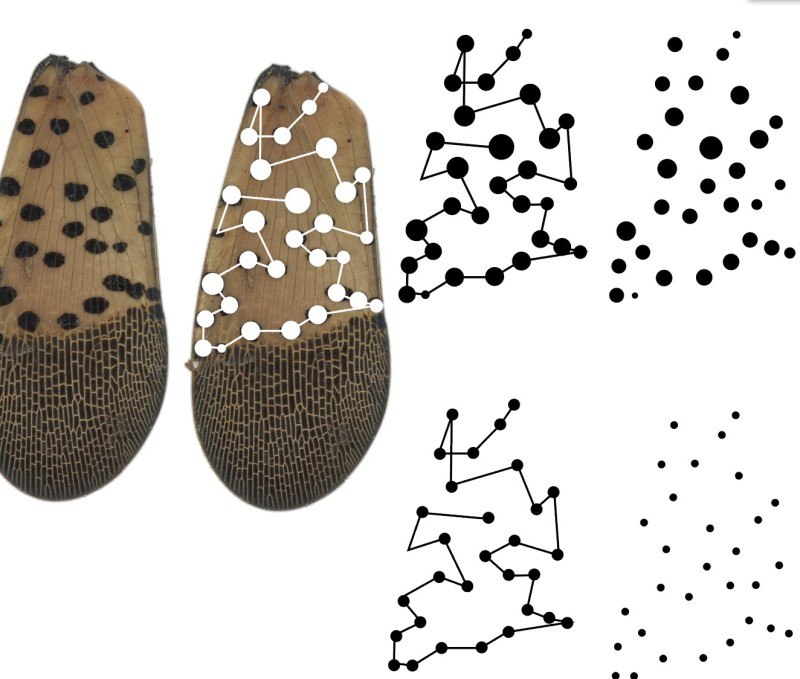
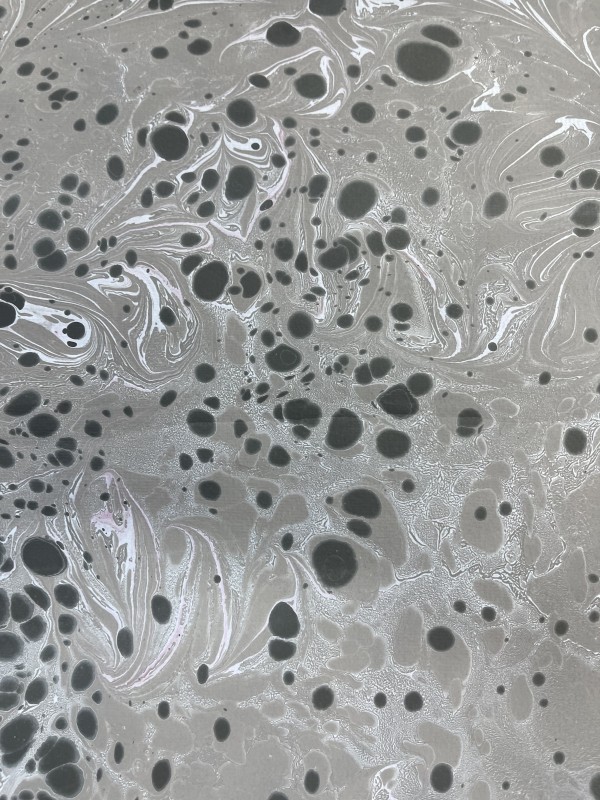
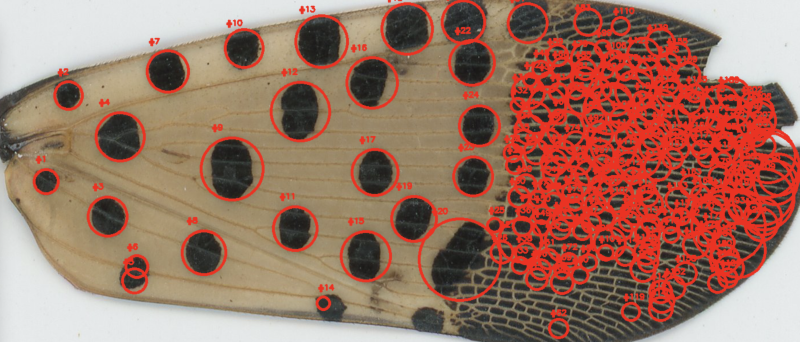
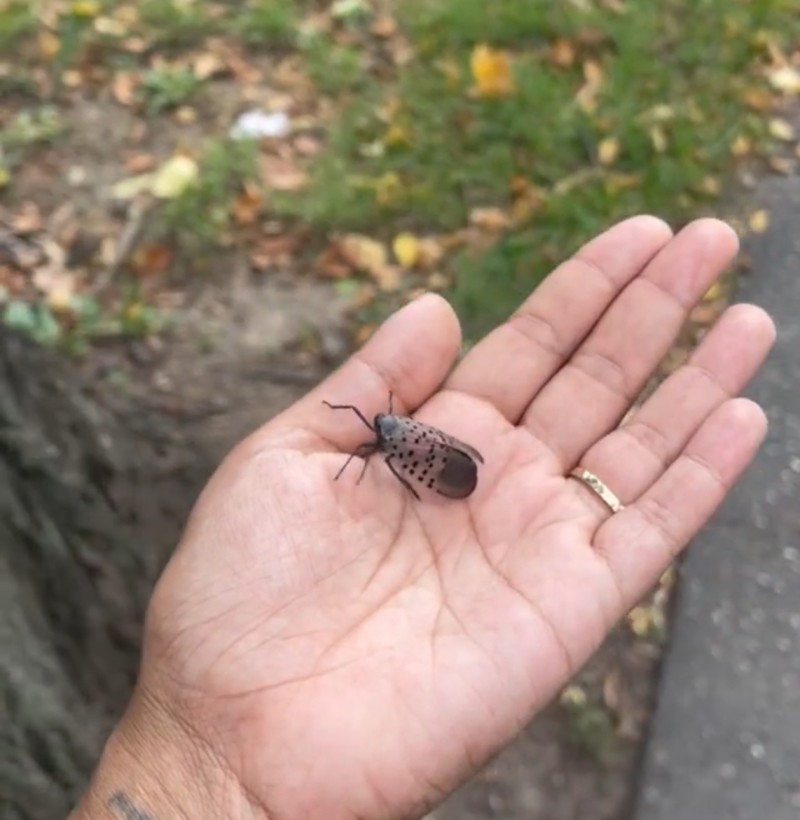
Back to all projects